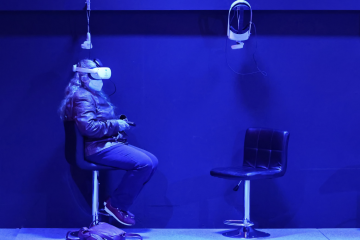Ten years after the end of its civil war, Liberia is still working to rebuild itself. The 14-year war did much to destroy existing Liberian institutions, including their education system. In August of this year, all of Liberia’s 25,000 high school students took the state university entrance exam – not a single student passed.
Nelson Sahwolo, vice president for student affairs at the University of Liberia, in an interview with Reuters, clarified that they, “…had set a passing mark for English at 70, while [they had] set the passing grade for mathematics at 50.” Only 300 students passed the Math exam, and no student passed in English. Despite this failure, the University of Liberia, after a talk with the President of Liberia, Ellen Johnson Sirleaf, has agreed to allow 1,800 of the students to be admitted this year – though these students are required to take remedial courses.
The mass failure has caught everyone by surprise. On her visit to the University of Liberia, President Sirleaf stated, “…the result is alarming…it tells me that the educational system is a mess.” While the Minister of Education, Etmonia David-Tarpeh, likened this failure to “mass murder.”

News of the failure went viral and as Michael Slawon, the Director General of the National Commission on Higher Education in Liberia, explained, in an interview with Aljazeera, “…everyone is interpreting the failure of the students in different ways.” In social media, it is clear that many blame the federal government, both President Sirleaf and David-Tarpeh, for a lack of investment in education. Others blame the bureaucracy of the Liberian government. For example, many teachers need to travel two weeks, and leave their classes unattended for that time, in order to receive their paychecks.
Most agree that it is time for a large scale education reform. As Robtel Pailey, a Liberian writer, explained in an interview with Aljazeera, it is time to “…shift gears and start talking about how we fix the problems.” During her visit to the University of Liberia, President Sirleaf, herself, explained, “We have to go into those high schools, into those elementary schools, and see what is lacking and what we can do about it.”
This failure marks a critical problem for the country and for the rights of its citizens. As such, the way in which President Sirleaf addresses the issue will be vital for the success of future generations in Liberia.




